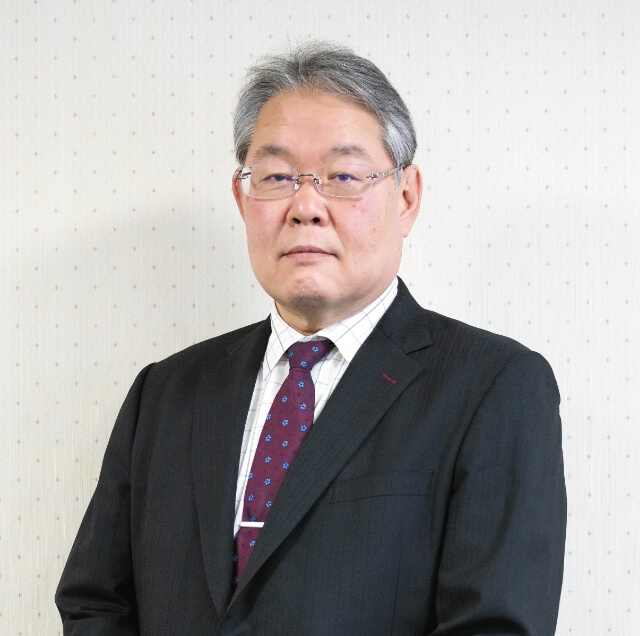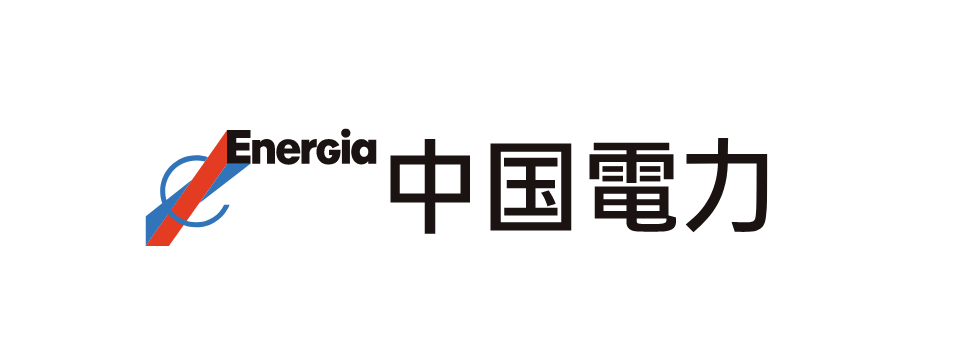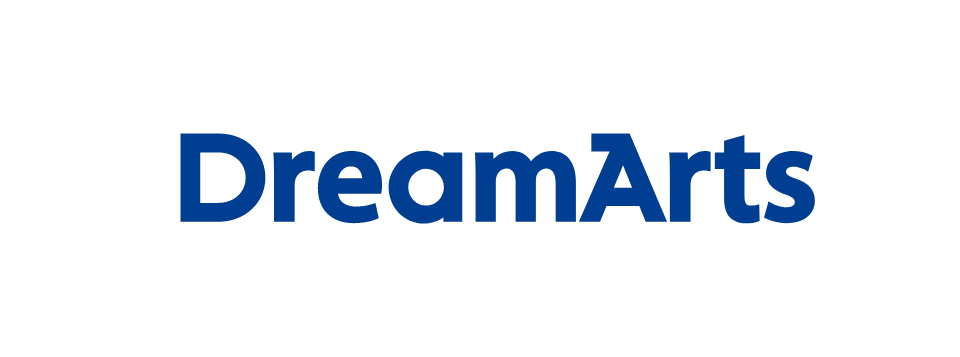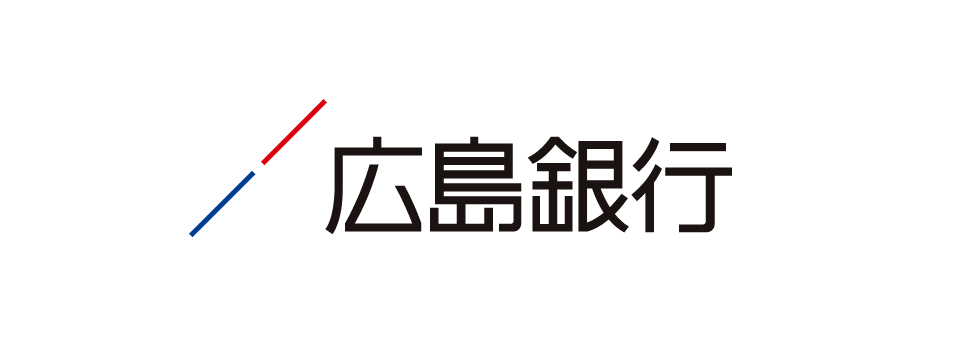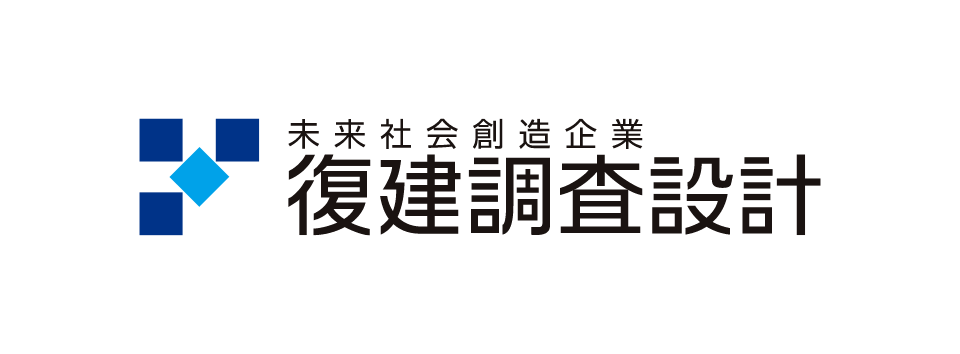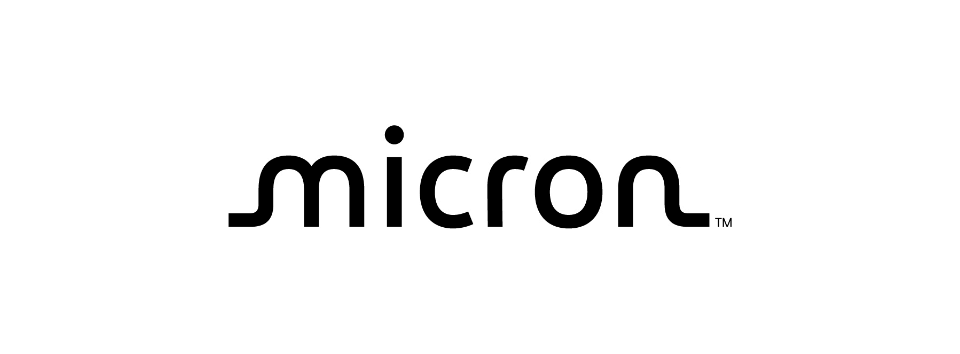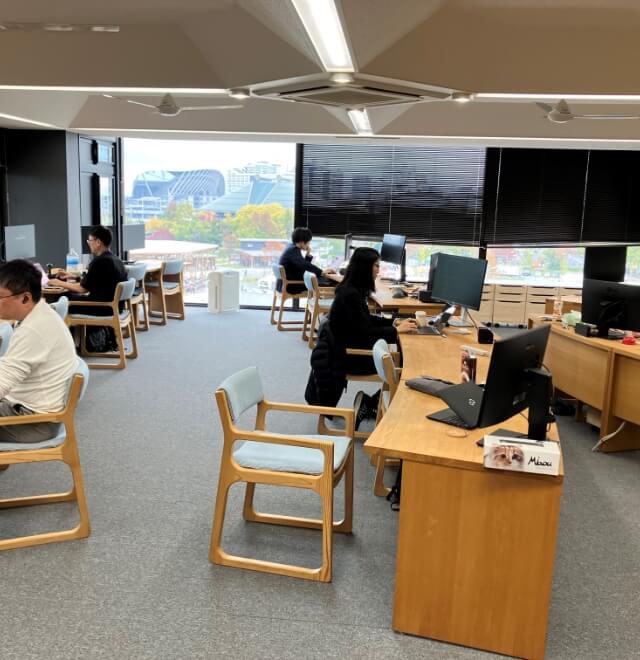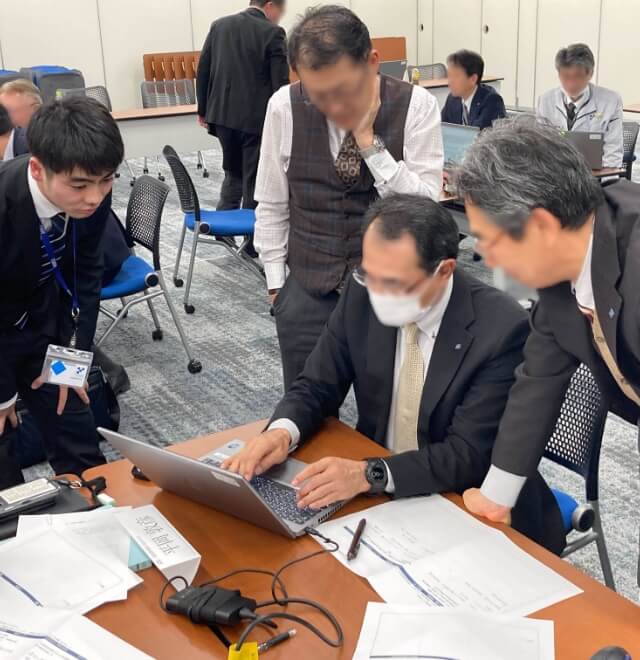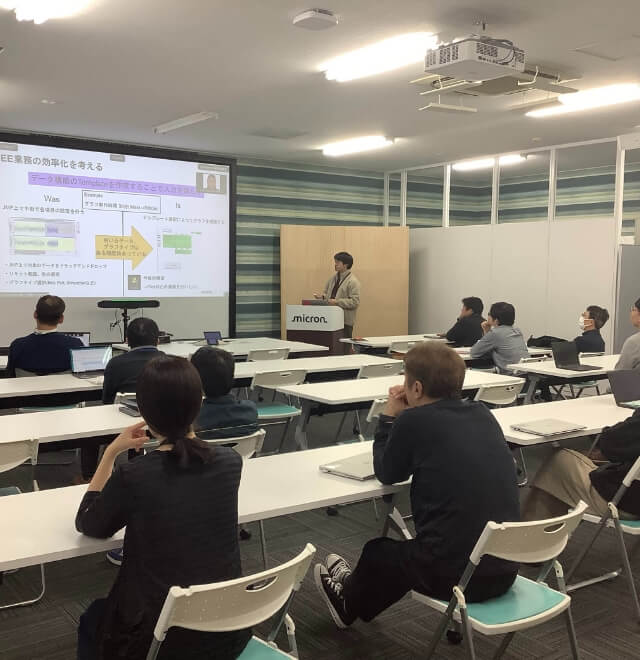Cooperative Education Program
in School of Informatics and Data Science of
Hiroshima University
Learning for the Society,
Experience for the Future.
First "Cooperative Education" program
in National Universities JAPAN
In 2022, to cope with the progress in the research of AI, the School of Informatics and Data Science of Hiroshima University reorganized its curriculum for undergraduates into three major programs and introduced the three study models: "Basic Model Course", "Integrated Model Course", and "Pratical Model Course".
Particularly, the study model "Pratical Model Course" provides education based on a long-term corporate internship through the academia and industry collaboration. This model adopts the "Cooperative Education" strategy that allows students to experience practical work at a company and apply and improve their skills which they obtained in the lectures in the real society while being registered in the university. This is the first case of such a cooperative education program for the digital technology field, which is provided as a regular course in a national university JAPAN. To develop digital talents for the future, Hiroshima University will continue to provide new education models which integrate theories and practices.

Cooperative education, which allows students to obtain practical skills in a company
The Cooperative Education ("Co-op Education") is an education program which integrates the learning in a school and practical experience in a workplace. In this program, students are allowed to utilize the theory and knowledge which they have learned in the school to obtain practical experiences in an actual workplace. Such a program has been widely introduced by universities and professional training colleges and bridges learning in schools and a vocational career.
-

Practical education
Students apply the theory and skills that they learned in the university in their internships. They are allowed to apply what they acquired in a practical situation and specifically visualize the way they will advance.
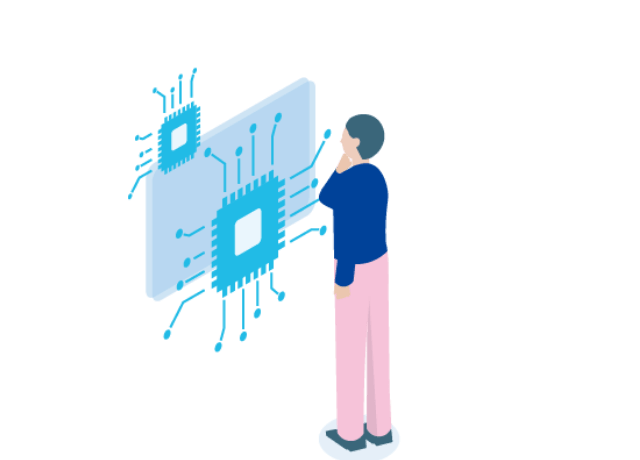
-

Paid internship
Because most of the internships conducted in this program are paid, students can earn an income while studying. This is one of the differences between the internship conducted in this program and that in regular cases.
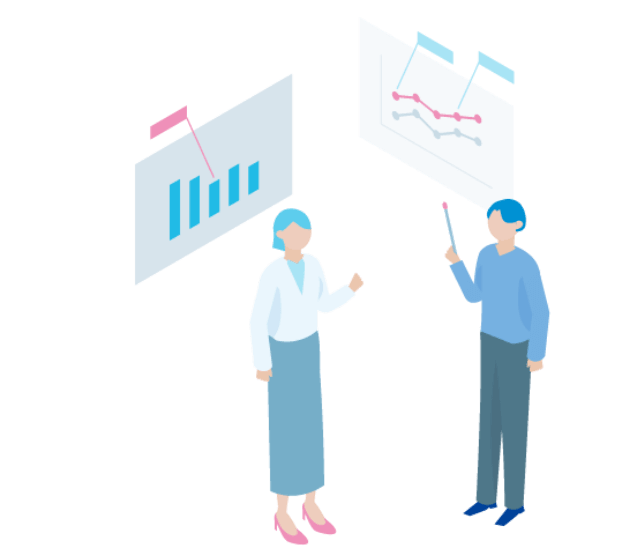
-

Internship compatible with study
The internship is arranged according to the schedule established based on coordination between the university and the company to allow students to be concurrently engaged in their study and the internship.

-

Networking
Through the experience in the company, students are allowed to establish personal connections with people in the industry. It helps them in their job seeking efforts after graduation.

Specialized education at university

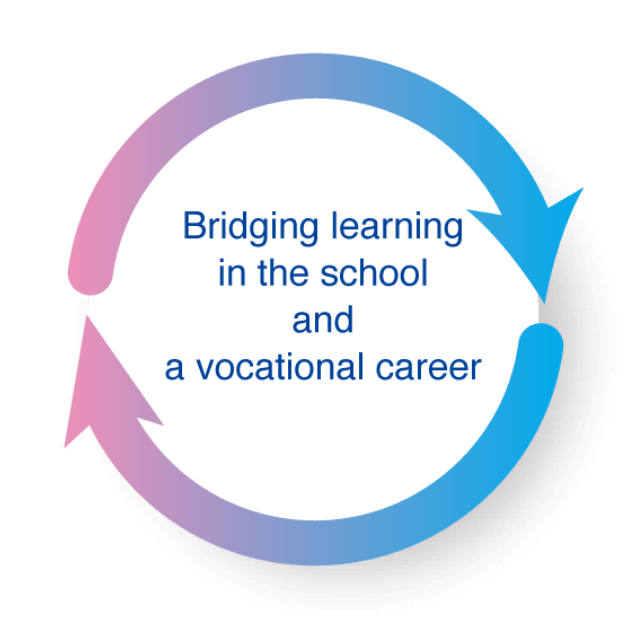
Practical work experience at company

The Co-op Education is a system that benefits both the companies and the students and is expected to contribute to the improvement of human resource quality and enhancement of corporate value in the long run.
Benefits for students
-
Preparation for career development
Through the experience in the workplace, students are allowed to learn the actual business processes and understand the workplace culture. It helps them in their efforts for job searching and career selection after graduation.
-
Practical work experience that can be listed in Curriculum Vitae
Companies make much of practical work experience of recruits. In this regard, the Co-op Education provides a significant advantage to students.
-
Payment of salary
The salary that is paid in most of the programs complements the tuition fee and living expenses.
Benefits for corporations
-
Discovery and development of talents for the future
The Co-op Education program provides companies with an opportunity to directly observe the ability, aptitude, and attitude for the work of students. It allows them to find and train a suitable candidate to be employed after graduation at an early stage.
-
Reduction of recruiting costs
By employing a student who has taken part in the Co-op Education program, the company is relieved from the necessity of searching for another candidate and can reduce the cost for recruitment activities. In addition, the student who joined the Co-op Education program has already got familiar with the corporate culture, therefore the onboarding period can be curtailed.
-
Introduction of new ideas and points of view
Students are learning at the cutting edge and have the potential to bring a new technology and ideas into the company. They are expected to contribute to accelerate the innovation and problem solving in the company.
-
Inspiring the team and employees
Joinning students, who are generally younger, can energize the workplace by inspiring the existing employees and providing an opportunity for learning.
-
Provision of practical experience that can be used as work-ready individual
Through the practical work experience, students can obtain skills for coping with the challenge that they will face in the actual work situation. As a result, students who have completed the Co-op Education program are expected to be work-ready individual just after they are employed.
-
Exercising the social responsibility
Companies can contribute to the local society and the education realm by providing students with opportunities for learning. Such activities also can be evaluated as a part of CSR (Corporate Social Responsibility) commitments.
-
Improving the corporate brand
By cooperating with the education organization for the Co-op Education program, the company can establish a positive impression as "a company that is willing to contribute to education and the society." It helps create a positive impression on potential employees, customers, and students.
Co-op Education in School of Informatics and Data Science of Hiroshima University
The Co-op education of the School of Informatics and Data Science is the first Glocal Cooperative Education program*1 in a national university JAPAN that aims to provide the education based on the academia and industry collaboration at the global standard level. Hiroshima University joins the WACE*2 which aims to advance the "cooperative and all other forms of work-integrated education" while cooperating with universities and companies in the world as a full institutional partner. Under this concept and vision, we will promote Glocal Cooperative Education program with universities all over the world.
*1...Glocal Cooperative Education Program is a regular education
program that is led by a university to integrate the study in
the university and the internship outside the university to
provide opportunities for practical learning while being engaged
in an actual business based on a long term employment in a
glocal company.
*2...WACE (World Association for Co-operative and Work
Integrated Education) is a non-profit organization that consists
of approximately 1,000 education institutions, corporations,
organizations, and individuals from 52 countries, which is
headquartered at Waterloo, Ontario, Canada. It is the only
international organization that is engaged in development,
promotion, and branding of "Cooperative & Work-integrated
Education (CWIE)including co-op education" which is conducted
under cooperation between an education organization and the
industry.
Participating companies
Flow of practical and business subjects
The School of Informatics and Data Science provides six practical and business subjects for Co-op Education. Particularly, the "Long-term Fieldwork" is a characteristic subject in which students are engaged in an internship about eight months in total to experience the actual business process.
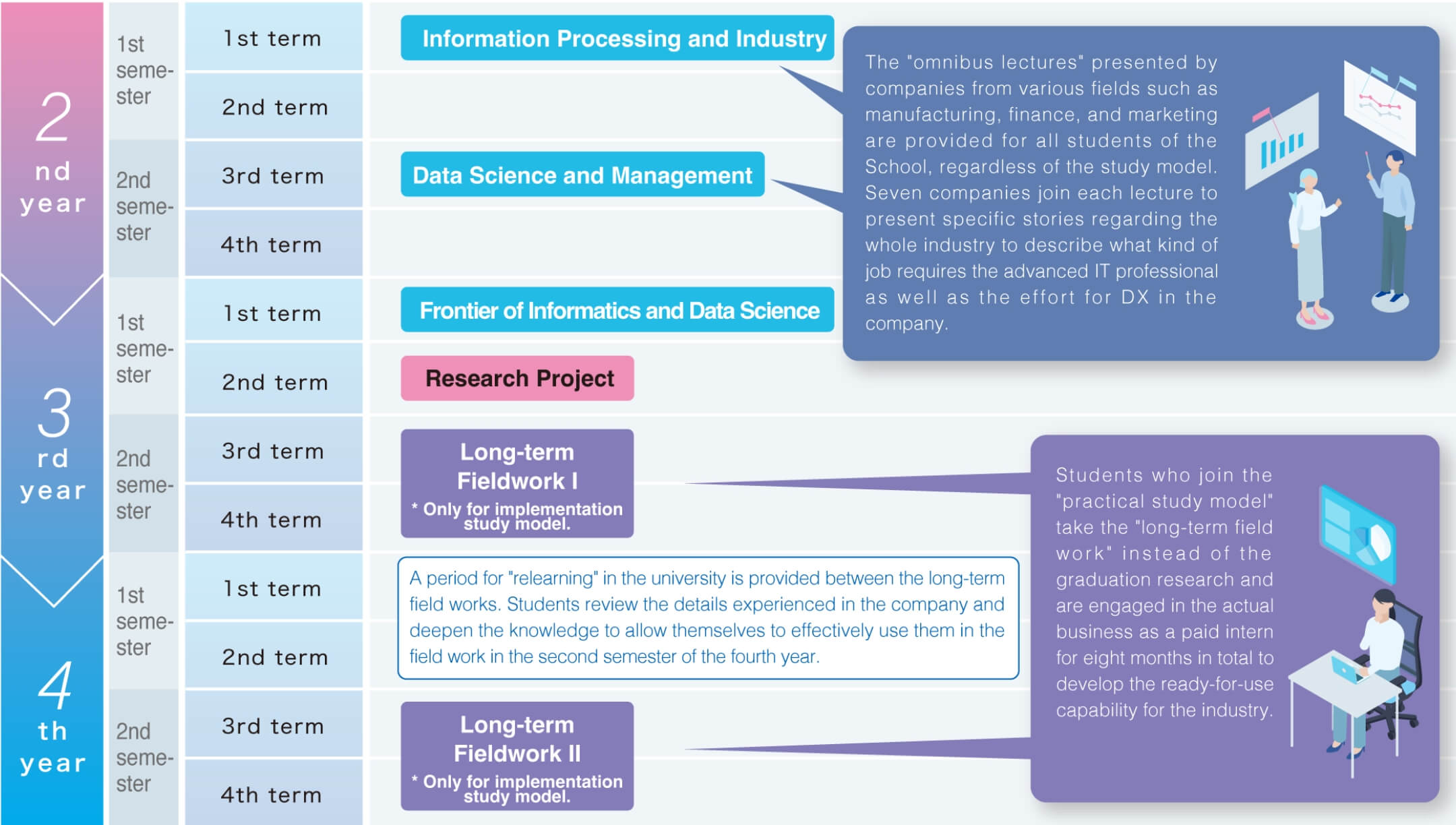
Lecture overview
-
Information Processing and Industry
The omnibus lectures are provided by companies to introduce the up-to-date efforts for DX which are carried out in each company. Students learn how the study and learning in the School of Informatics and Data Science can be used in the industry and society and understand the actual situation of DX that is accelerated in various industries. They also discuss the way to use the knowledge and skills of information science.
-
Data Science and Management
The lecturers invited from companies and public agencies present cases in their organizations.
Students learn the actual situation of DX which is accelerated in various industries and discuss and review the way for using the knowledge of data science and management skills. -
Frontier of Informatics and Data Science
Students learn the trend of the study that is advanced at the front end of the information science in the lecture provided by prominent researchers in Japan. The lecture is provided based on the problems and data in the actual society to allow students to think about the practical challenges from the academic point of view.
-
Research Project
Students are engaged in the study and development project in the company as an intern for approximately five consecutive days during the summer vacation. They are expected to obtain diverse capabilities required in the real company.
-
Long-term Fieldwork I
Students are engaged in paid work in a company for approximately four months. They exercise the knowledge and skills that they have learned in the university and present the result in the debriefing presentation.
-
Long-term Fieldwork II
Students are engaged in paid work in the same company as the Long-term Fieldwork I for approximately four months to improve the capability for applying the knowledge and skills in the practical situation. They present the result in the debriefing presentation.


Voices from Students who Joined the Program
On February 13, the briefing meeting for the first Long-term Fieldwork was held.
On February 13, 2025, the debriefing presentation was held at
the Library Hall of Hiroshima University’s Central Library to
present the results of the students of the first generation of the
fieldwork program. In this first Long-term Fieldwork, seven
students were dispatched to serve internship in a total of six
companies for approximately four months from October 2024. They
each gained hands-on experience in real workplace settings.
The presentation began with the opening remark by Professor
Yumiko Suzuki ,Executive Vice President (in charge of Education
and Peacebuilding), followed by Professor Tadashi Dohi, Dean of
School of Informatics and Data Science, who spoke about the
significance of the Co-op Education program, efforts to develop
digital transformation (DX) talent in the local community, and
prospects for the upcoming academic year. The students gave
presentations on the work they carried out at their host companies
and what they learned and showed their sense of achievement they
gained in the hands-on experience. They also reflected on the gap
they felt between the skills expected by companies and what they
had learned at university.
The event was attended by over 100 people from both inside and
outside of the university, including representatives from the host
companies. Participants shared comments such as “It was very
inspiring” and “I felt it was a great initiative,” reflecting
their expectations for the outcomes of the Co-op Education program
and its future development. Further five companies will join the
program in the next academic year to provide more various
opportunities for learning.



Participate in our university's Co-op Education program
The school of Informatics and Data Science of Hiroshima University is currently recruiting companies to participate in the Co-op Education program. Positive feedback has been given by the participating companies regarding the benefit in securing talent and achievement in working with students. If you would like to participate, please contact us using the details below.
Contact for details
TEL:082-424-7888
MAIL:
-
We participated because we thought it would be a good opportunity to apply new ideas that the students provide for our work while advancing DX within the company. It was a good stimulus for our employees.
-
Thanks to this internship, we became aware of the importance of developing young talents within the company. We will continue to collaborate with the university to develop excellent digital talent.
-
To teach is to learn. Our young engineers gained a lot of learning through this internship. We are very grateful for this opportunity.
-
This initiative is beneficial for both companies and students. We hope that the number of participants will increase and the program will continuously evolve in the future.
-
It is pleasant that the students have realized that there are opportunities to work in industries that are unfamiliar to IT students. The talented students contributed to our business by making proposals based on their young sensibilities.
-
I think this is a groundbreaking initiative, which is the first case of its kind in a national university. We really appreciate such a wonderful program provided by Hiroshima University.

